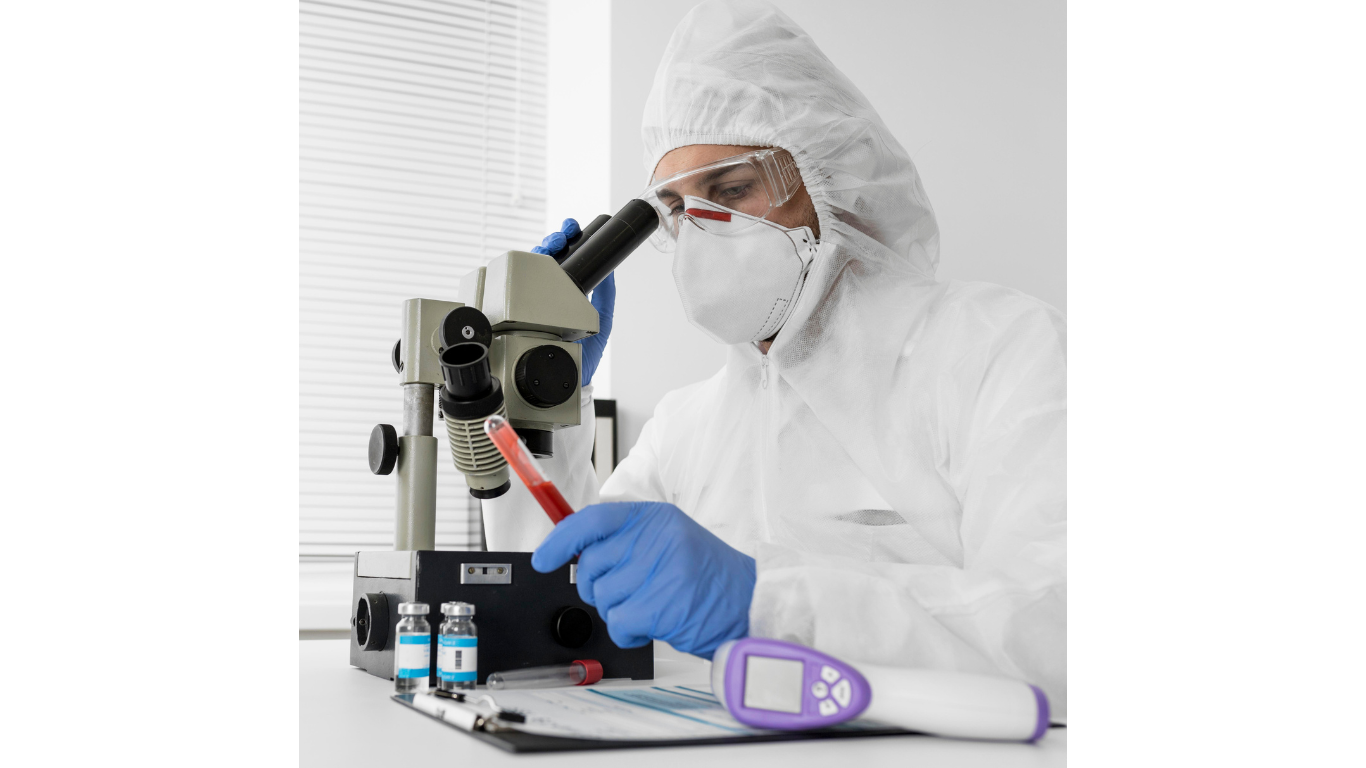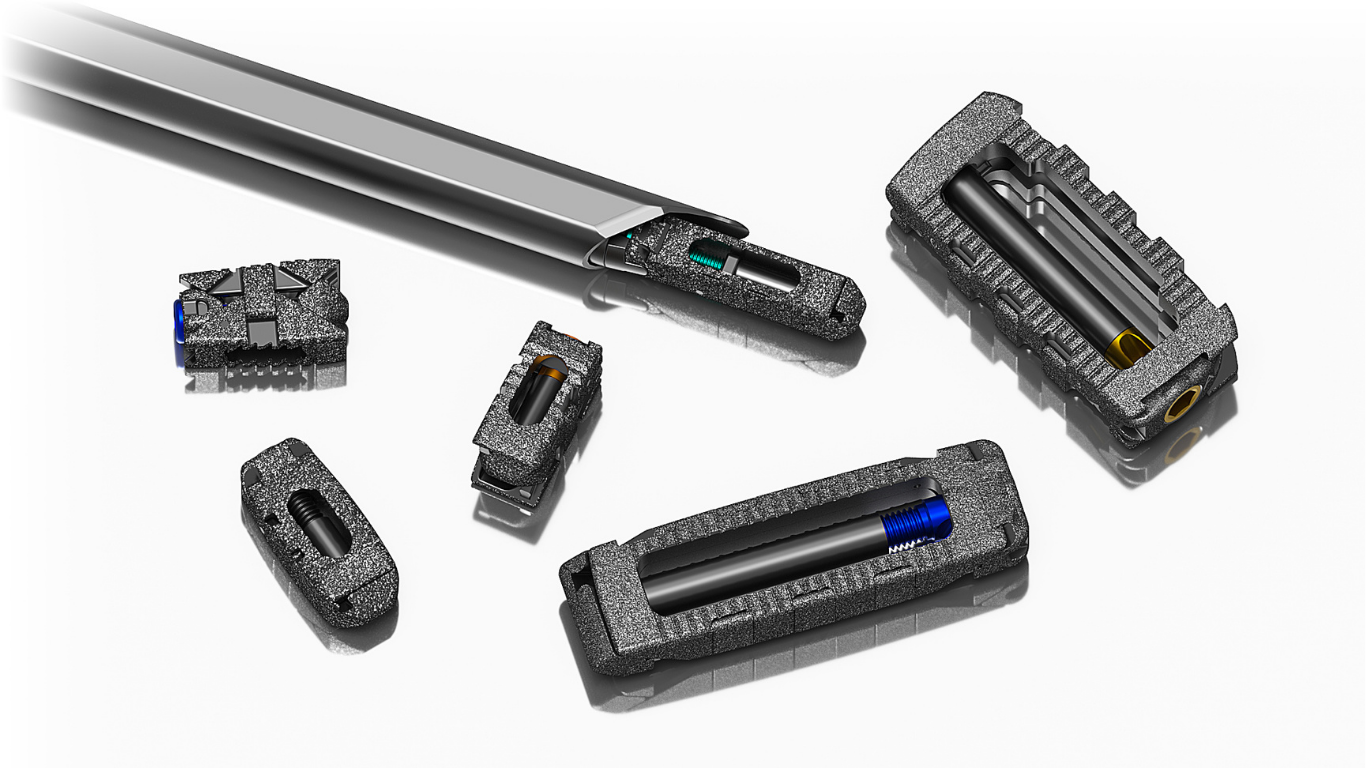Healthcare is moving through a period where medicine, business, and wellness often overlap. Clinics, med spas, and wellness centers compete in a fast-paced space where people expect both real results and trustworthy care. Success depends not only on services offered but also on strong leadership that keeps operations safe, organized, and consistent.
At the center of this shift is the medical director. Once viewed as a quiet, supporting role, the position has become a major force in how modern healthcare organizations develop. Their expertise shapes safety, structure, and credibility, turning medical direction into a source of growth and long-term value.
The Expanding Role of the Medical Director
Medical directors no longer focus only on reviewing charts or approving procedures. Their responsibilities now extend to guiding teams, shaping strategy, and helping organizations evolve in a competitive market.
From Clinical Advisor to Strategic Partner
Today, a medical director acts as both clinical leader and strategic collaborator. They work with owners and management to define services, improve workflows, and raise the overall standard of care.
Their input ensures that every decision—from staffing choices to adopting new technology—aligns with regulations and protects patient well-being. By blending medical expertise with business awareness, they help drive sustainable growth and dependable results.
The Value of a Medical Voice in Business Decisions
In a landscape focused on expansion, clinical integrity can be overlooked. A medical director keeps decisions grounded in science and safety.
They help leadership understand regulations, evaluate clinical risks, and make choices that safeguard both reputation and patients. Their presence turns complex requirements into clear guidance—an essential advantage in a heavily regulated field.
Compliance and Risk Management as Business Strengths
Healthcare organizations operate under strict oversight. Every decision must meet medical regulations, privacy rules, and ethical expectations. For many owners, this can feel overwhelming, which makes the medical director a vital asset.
Turning Regulation Into a Competitive Edge
Compliance may seem burdensome, but medical directors approach it as part of a strategy. Their oversight keeps the organization within legal boundaries and reduces the chances of fines or licensing issues.
Beyond avoiding problems, this consistency builds trust with patients and investors. A clinic known for strong compliance earns reliability in the marketplace, becoming more competitive.
Minimizing Risk Through Clear Protocols
Errors in healthcare can damage both people and reputation. Medical directors implement systems designed to prevent mistakes before they happen.
They create treatment protocols, guide staff training, and ensure documentation is complete and accurate. This structure strengthens operations and builds the foundation for steady client trust.
How Medical Leadership Strengthens Brand Reputation
Reputation carries significant weight in healthcare. Patients, partners, and regulators all look for organizations that operate responsibly and maintain high standards. A medical director helps shape that reputation from the inside.
Leadership That Builds Credibility
When a clinic operates under licensed medical oversight, it signals that professionalism and safety matter.
A medical director’s influence appears in organized systems, well-trained staff, and fair clinical decisions—clear signs that the facility prioritizes patient care over short-term gain.
Creating a Culture of Confidence
Leadership sets the tone for the workplace. With clear medical direction, teams work more confidently, avoid unnecessary errors, and deliver consistent service.
That confidence extends to clients, who feel the effects in the quality of their care. Over time, this creates trust, loyalty, and referrals.
Driving Smart Innovation in Healthcare Services
Innovation fuels business development, but healthcare innovation must be thoughtful. The medical director ensures that new treatments, tools, or processes meet safety standards and follow clinical best practices.
Guiding the Introduction of New Treatments
Before a new service is offered, the medical director reviews safety data, legal requirements, and necessary training. This avoids costly missteps and keeps patient safety at the forefront.
As clients seek advanced options—from regenerative care to IV therapies—medical oversight allows organizations to expand responsibly, staying within ethical and legal boundaries.
Turning Patient Data Into Business Insight
A skilled medical director knows how to interpret clinical data. They review outcomes, track satisfaction, and use these insights to help guide smarter business decisions.
By connecting clinical results with organizational goals, they help determine where to invest in equipment, training, or service expansion.
Balancing Ethics and Profitability
In healthcare, ethics and profitability must support each other. A medical director ensures that business growth never comes at the cost of patient trust.
Ensuring Integrity in Business Operations
Marketing, pricing, and promotions must reflect clinical truth. The medical director reviews communications and policies to ensure they remain accurate and ethical.
This prevents misleading claims—an ongoing risk in the health and aesthetics market—and strengthens the organization’s integrity.
Long-Term Success Built on Ethical Leadership
Quick revenue can create temporary momentum, but ethical leadership builds staying power. A medical director’s steady focus on safety and honesty supports long-term success.
Patients and partners stay loyal to organizations that demonstrate integrity, a principle more clinics are recognizing as they grow.
Medical Directors as Business Leaders
The next generation of healthcare businesses will need leaders who understand both medicine and management. Medical directors are positioned to fill that role.
Bridging the Gap Between Care and Commerce
Healthcare demands decisions that respect patient needs while supporting financial stability. Medical directors help maintain this balance, reinforcing smooth operations while protecting high standards of care.
Their broader view ensures progress never undermines ethics—an essential trait of trusted healthcare organizations.
Building a Future Based on Expertise and Trust
As technology and wellness trends evolve, medical directors will play an even greater role in guiding how organizations adapt. Their involvement keeps innovation patient-centered and ethically grounded.
In a fast-moving industry, they provide the consistency and clarity needed for thoughtful, sustainable growth.
Conclusion
In today’s healthcare landscape, the medical director is indispensable. They help maintain safe, compliant, and trustworthy operations.
Their leadership reduces risk, strengthens reputation, and ensures new ideas benefit both patients and the business.
For healthcare owners, this role provides more than regulatory support—it creates a true strategic advantage.
When medical insight aligns with business goals, growth becomes natural. Medical directors do more than guide care; they help shape the future of the industry.
Article received via email































